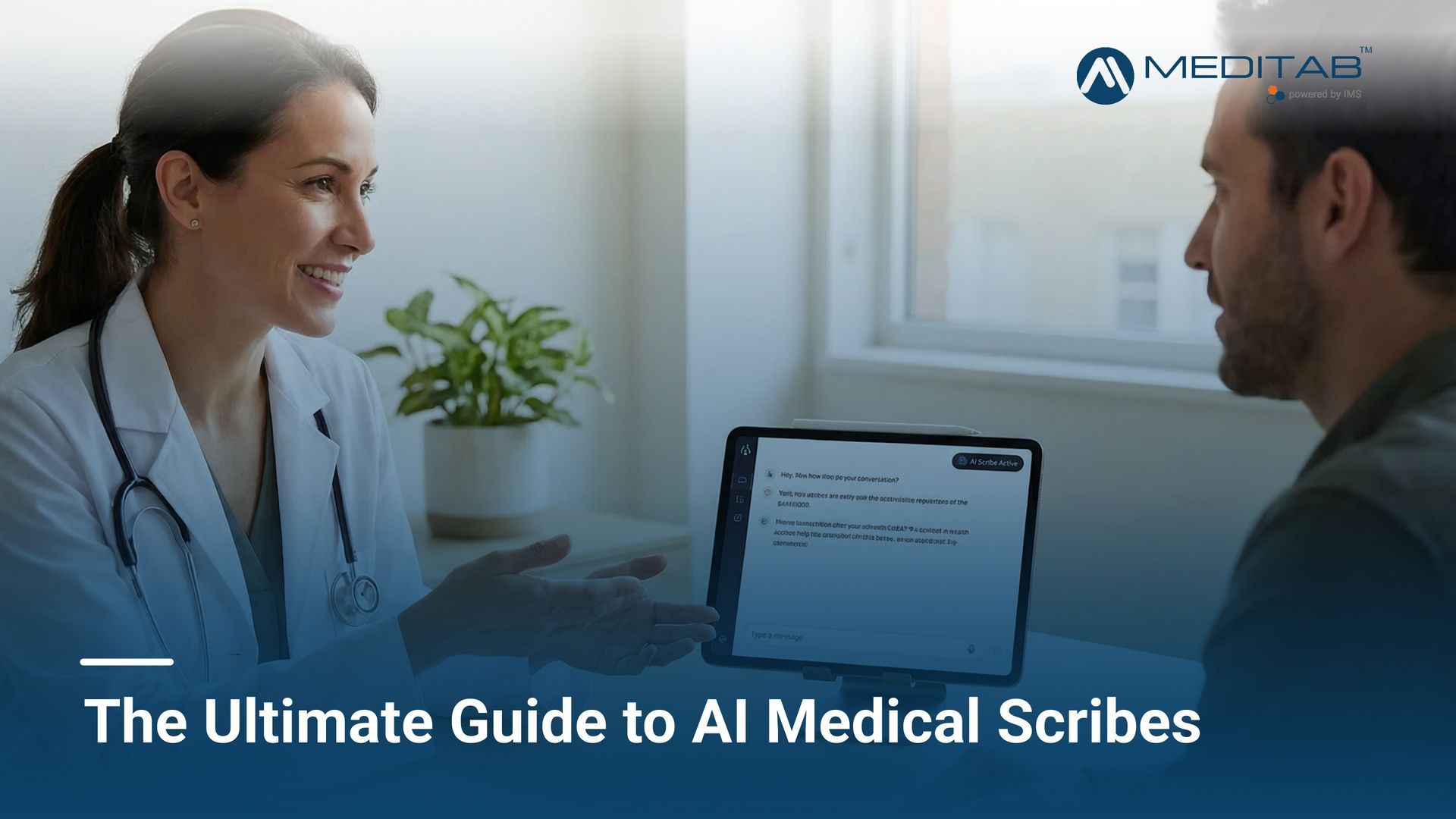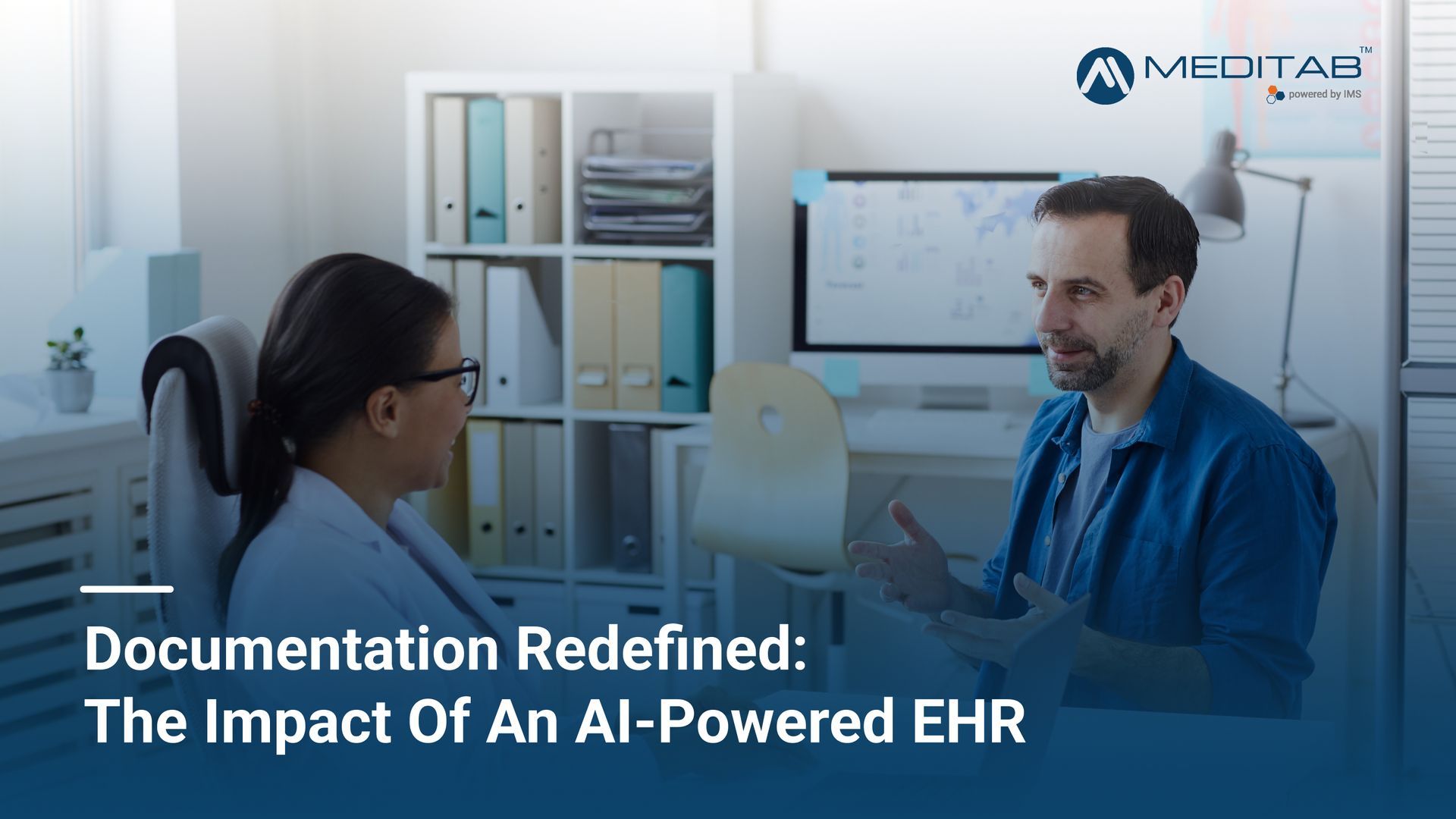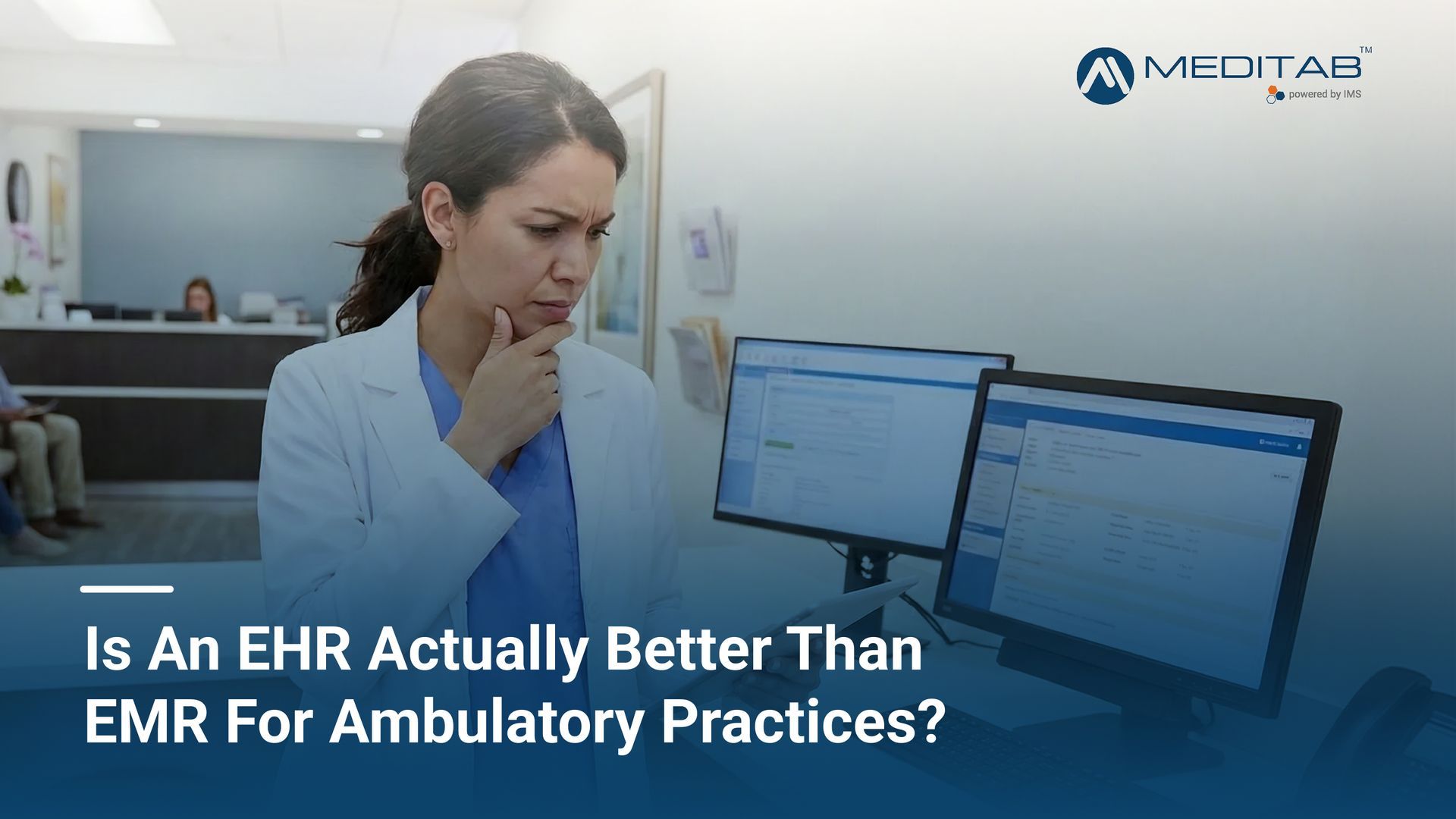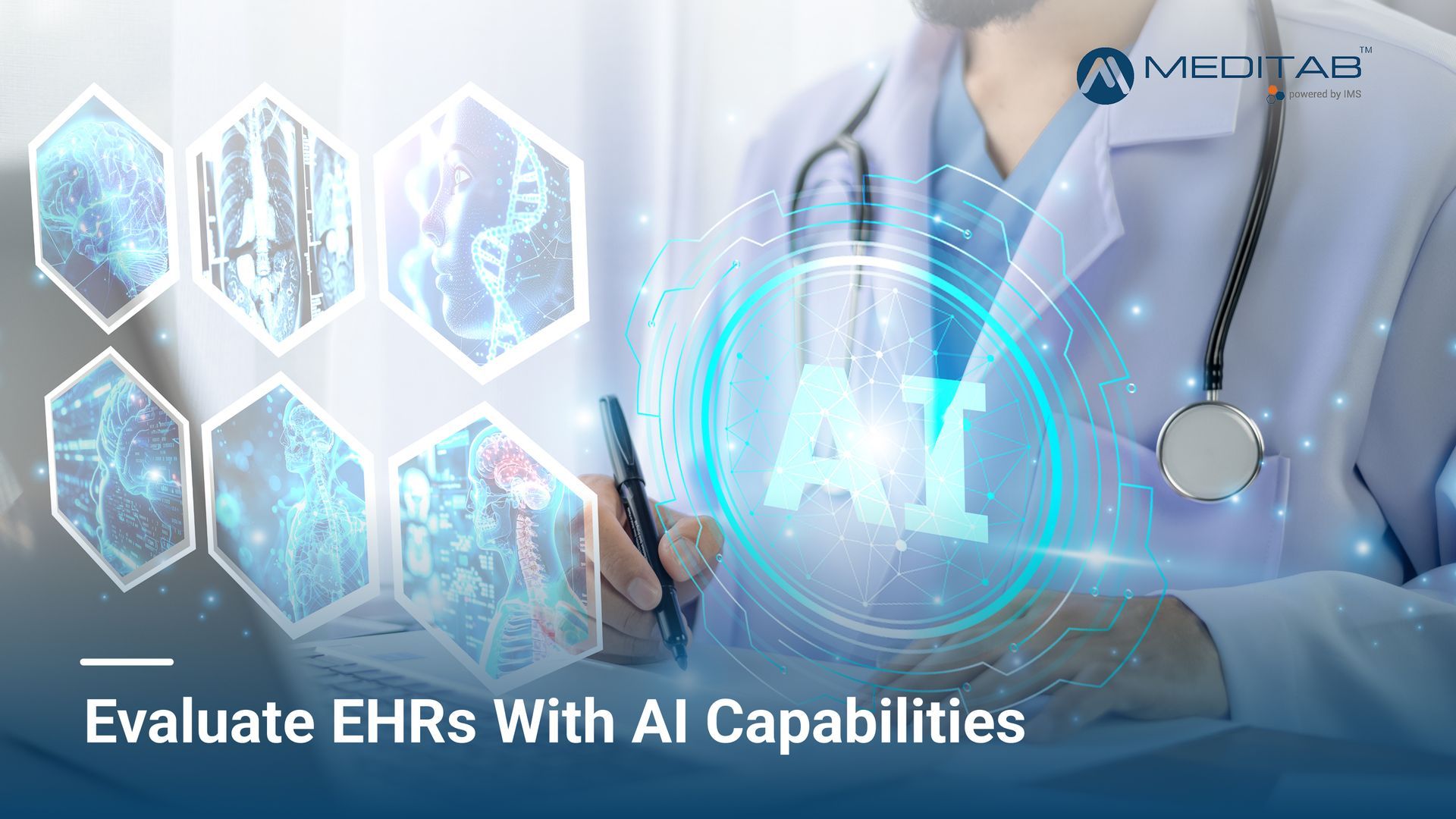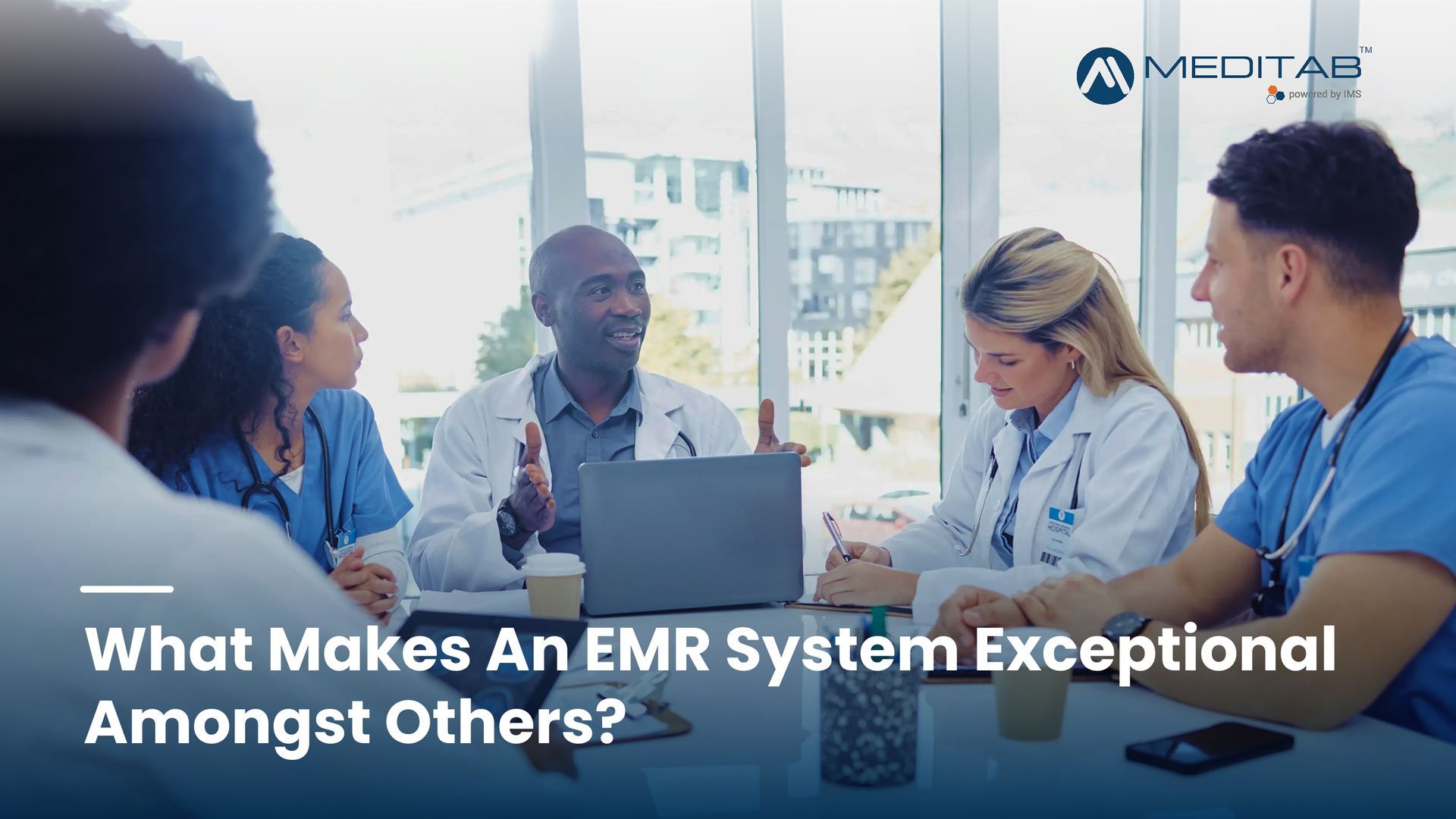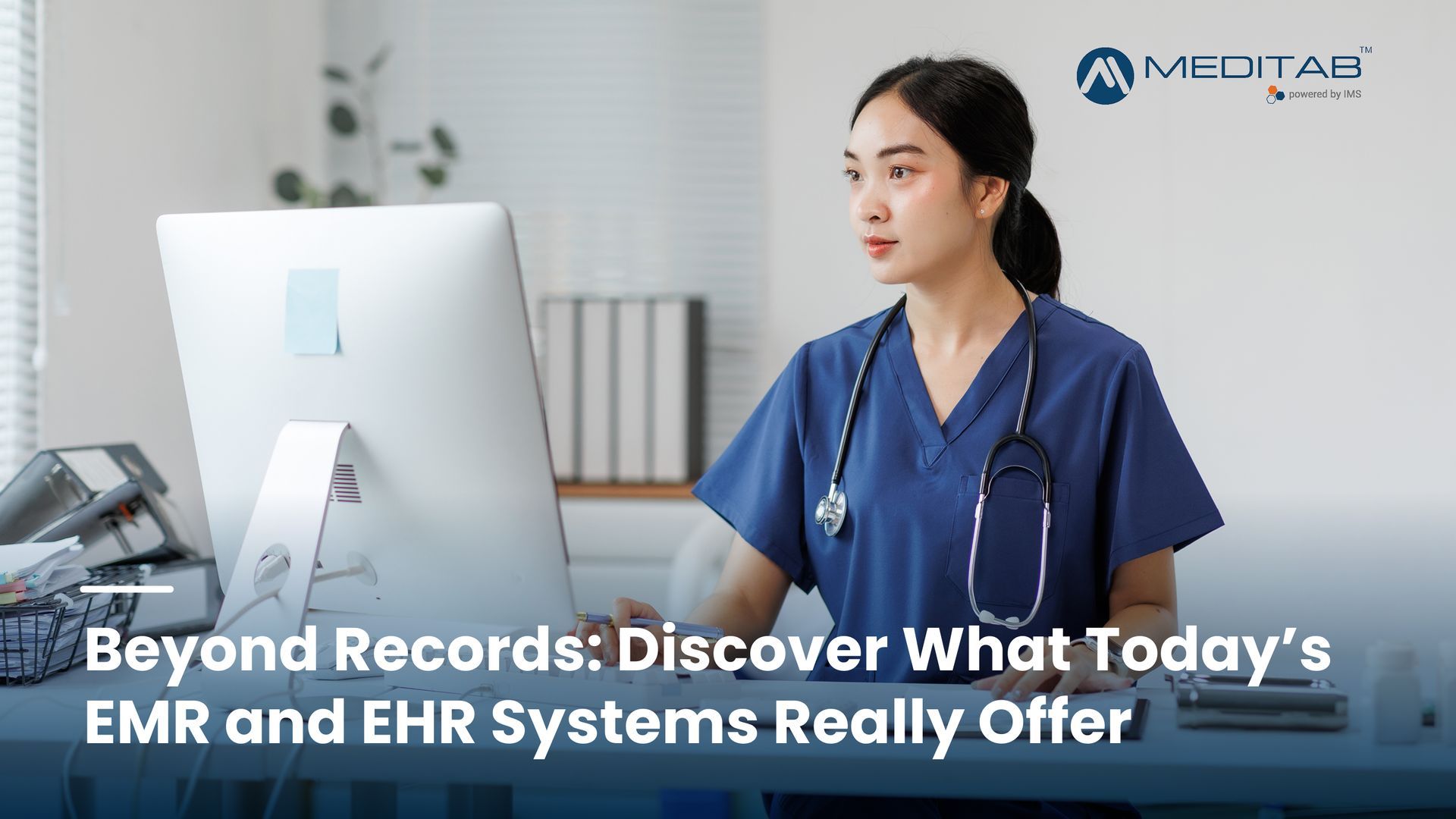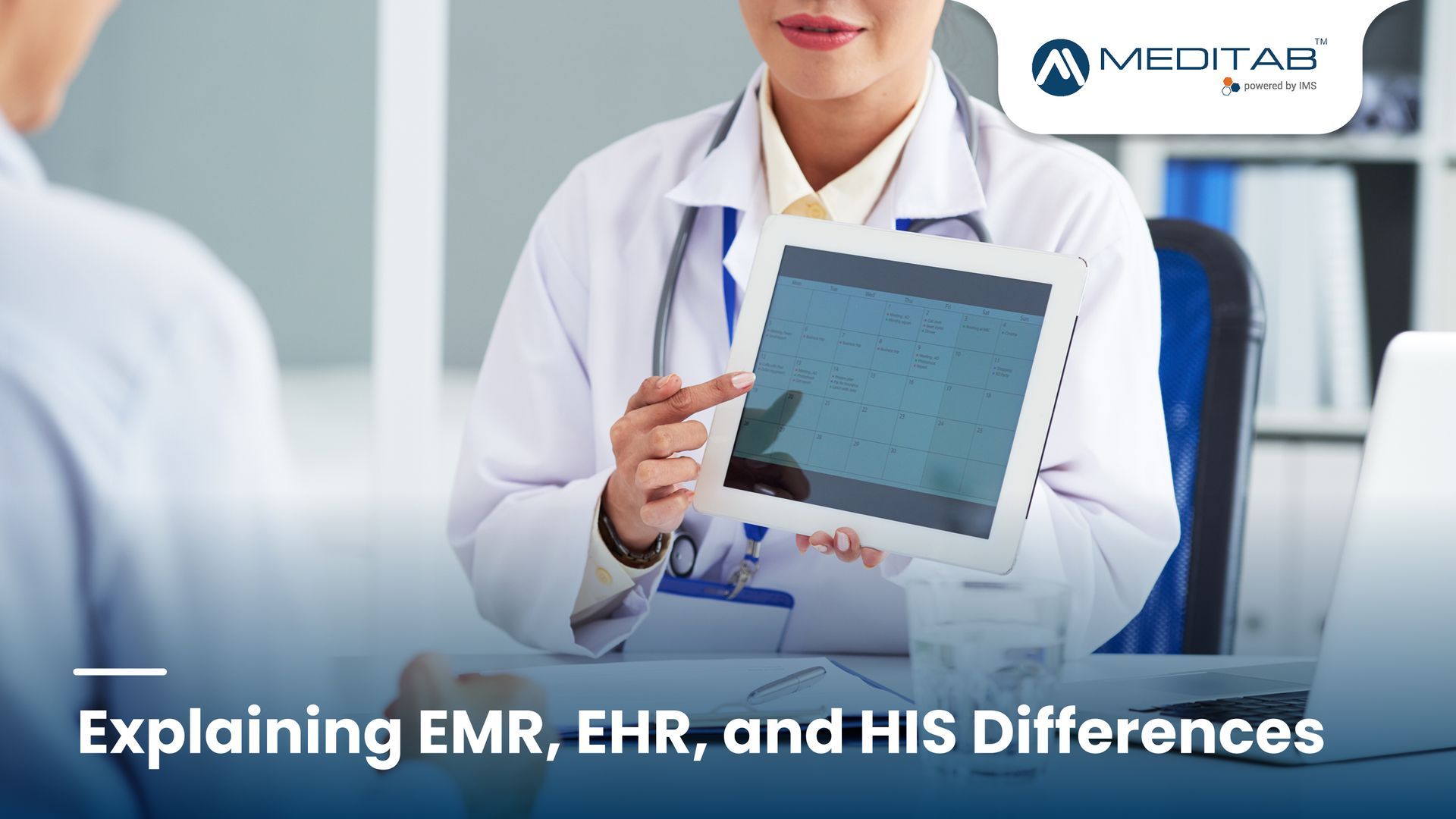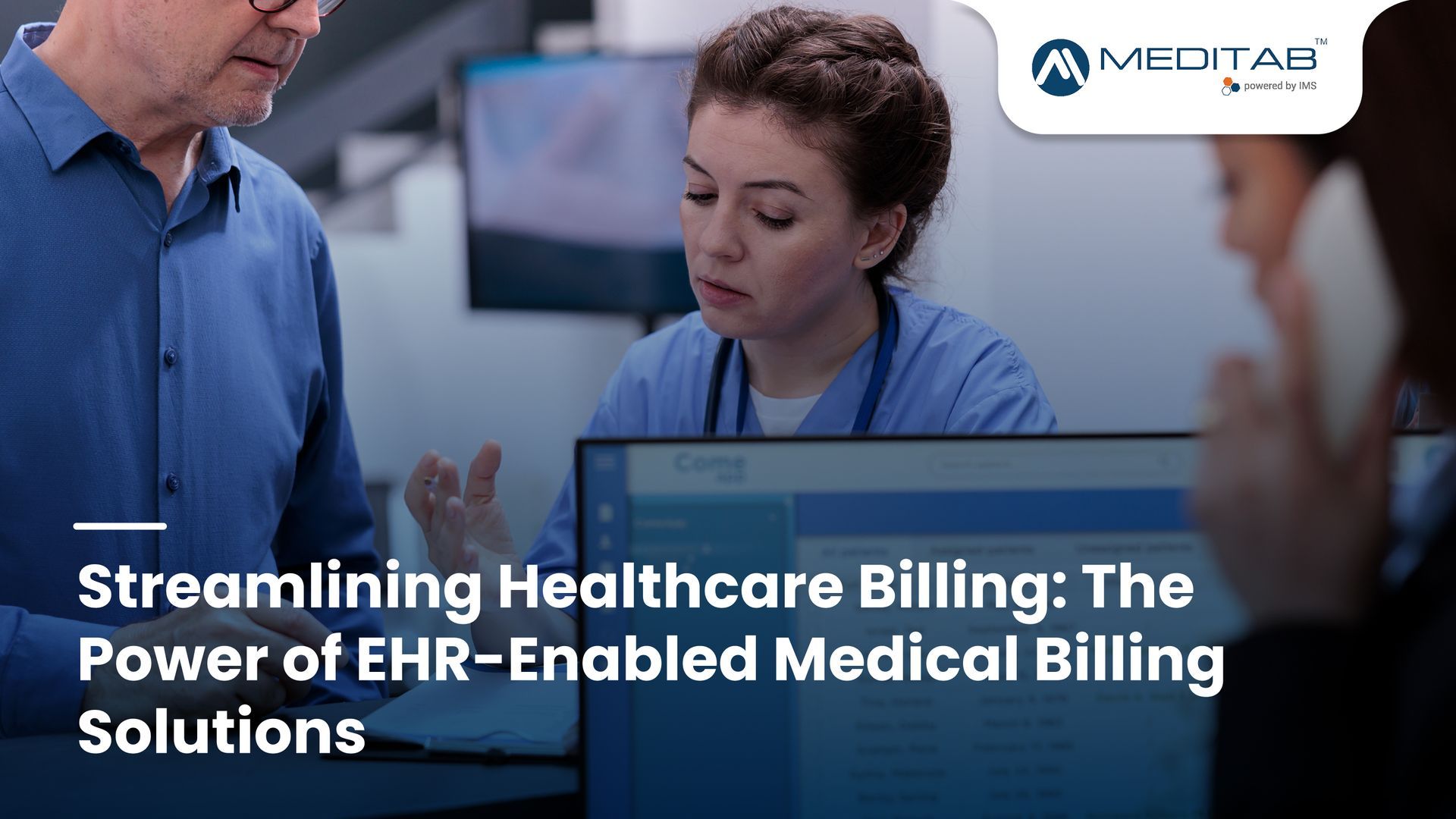EHR Dilemmas: Insights into Medical Practice Struggles

Despite their promise to streamline operations and improve patient care, many EHR software solutions leave healthcare providers like you feeling trapped in a digital labyrinth, spending more time facing screens than engaging with patients.
If you find yourself grappling with the complexities of modern medical documentation, you’re not alone.
Whether you're a healthcare provider weary of interoperability roadblocks or a practice manager struggling with usability hurdles, navigating the challenges of EHR systems is all too familiar. This article dives into the heart of EHR struggles, offering insights and
solutions to empower you on your journey toward practice success.
Common EHR Software Challenges Healthcare Providers Face

Many EHR and practice management systems stand as both a beacon of innovation and a source of frustration for healthcare providers. While intended to revolutionize patient care delivery, medical software systems can pose significant challenges that impede efficiency and disrupt workflow. This happens when your team is stuck with a system that isn’t set up correctly or lacks all the features you need.
Here are three of the most common EHR challenges providers and practice managers face every day:
Data Security Concerns
The digitization of patient records requires safeguarding sensitive medical information. However, cyberattacks remain prevalent in the healthcare sector and threaten to overshadow the benefits of EHR solutions.
Just a few weeks ago, Change Healthcare, the country’s largest clearinghouse for medical claims, suffered a massive cyberattack. The data security breach
disrupted healthcare and billing operations nationwide, posing profound implications for patient care.
Healthcare organizations like yours are entrusted with vast amounts of protected health information (PHI), making them prime targets for cyberattacks that exploit vulnerabilities in EHR systems. Providers find themselves in a complex balancing act between strict data protection measures on one end and an increasingly interconnected healthcare system on the other. This requires EHR software that ensures your healthcare data is easily accessible yet thoroughly secure.
Interoperability Limitations
The Office for the National Coordinator for Health Information Technology defines
interoperability as the ability of two or more systems to exchange and use health information among each other. Adopting and optimizing EHRs and health information exchange (HIE) services are among the ways to achieve full interoperability.
Unfortunately, not all practice management software is truly interoperable. According to a
Harris Poll survey, only 24% of physicians found sending and receiving data with a different EHR easy, and 80% said the inability to share data between information systems increases stress levels.
Compatibility issues persist among different EHRs, impeding the flow of vital patient data across various platforms. As a result, healthcare organizations face fragmented information silos that compromise the continuity and quality of patient care. To work around their EHR software system’s interoperability limitations, providers often invest more money in supplementary systems and spend more time learning new interfaces.
Read More: What is Interoperability in Healthcare & How Will It Help My Practice?
Usability Issues
The cumbersome interfaces of many EHR systems have become a notorious source of frustration for healthcare providers. A report from Pew Charitable Trusts identified seven usability challenges physicians face when using their EHRs:
- Data Entry. Users have difficulty entering the desired information because of the EHR’s limitations and inability to accommodate the provider’s work process.
- Alerting. There is inadequate feedback from the EHR system because the alerts are absent, incorrect, or ambiguous.
- Interoperability. Users have difficulty accessing information held within the same EHR system or in other EHR systems.
- Visual Display. Users have difficulty interpreting information displayed in the EHR because it is confusing, cluttered, or inaccurate.
- Availability of Information. Users cannot access clinically relevant information because it is entered or stored in the wrong location or inaccessible in the EHR.
- System Automation and Defaults. The EHR automates or defaults to information that is unexpected, unpredictable, or nontransparent to the clinician.
- Workflow Support. The EHR fails to support the clinic workflow because of a mismatch between the EHR component’s function and the user’s intent.
If you’re facing at least one of the EHR challenges mentioned, you may need expert help customizing your system, optimizing your processes, and streamlining your workflows. Our EHR experts are ready to give you the insight and recommendations you need to tackle EHR obstacles and boost clinic efficiency.
3 Features Your Practice Management System Should Have

In the fast-paced healthcare field, having the right tools at your disposal can mean the difference between chaos and cohesion. A comprehensive practice management system is the backbone of any successful healthcare organization, offering vital support in navigating the complexities of patient care, administrative tasks, and financial operations.
However, not all systems are created equal. Here are essential features your EHR and practice management software must have to propel your practice to success:
Robust Security Measures
Comprehensive security protocols are paramount in any EHR and practice management software because they safeguard the integrity, confidentiality, and accessibility of your precious PHI. If you’re running a modern healthcare practice, investing in technology that keeps your data safe isn’t just a prudent and practical move—it’s an imperative decision you make to uphold patient trust, privacy, and the overall integrity of care.
Investing in highly secure practice technology signifies a commitment to maintaining the highest standards of patient data protection, ensuring compliance with regulatory mandates, and safeguarding against costly penalties. For example, Meditab designs its products and services with healthcare cybersecurity in mind.
Besides its HIPAA-compliant flagship software, IMS, the established medical software company also offers the following security services:
- Offsite Data Backup. Meditab offers automatic nightly backups of your clinic’s data to secure offsite servers, protecting your clinic against data loss in the event of system failures or cyberattacks.
- Cloud Hosting. Meditab’s cloud infrastructures are HIPAA compliant, SOC compliant, and proactively monitored by cybersecurity engineers. This helps keep your practice’s data safe from ransomware, server crashes, system failures, and other costly threats.
Download Our Free Ebook: Cybersecurity Strategies: A Guide For Small Medical Practices
Seamless Integration
Seamless integration in an EHR system offers a cohesive solution to streamline workflows and enhance efficiency. It ensures fluid communication and data exchange between disparate healthcare platforms, facilitating access to comprehensive patient information across different settings.
This interoperability eliminates the need for manual data entry or duplicate documentation, saving your team valuable time and reducing the risk of errors. IMS, for example, collaborates and integrates with established technology partners like:
- Technology Companies
- Back Office and Payment Solutions
- Clearinghouses
- e-Prescription Networks
- Laboratories
- Medical Devices
- Payment Processing Companies
- Office Equipment Vendors
- Telephony Systems
By seamlessly integrating with more existing systems and networks with every build, IMS empowers providers like you to focus on delivering quality patient care without the hindrance of fragmented information silos or interoperability barriers. If you’re wondering how to improve EHR interoperability, a medical practice EHR that highlights seamless integration is the answer. It ultimately enhances clinical productivity and improves patient outcomes.
Intuitive Function and Automation
Your practice’s EHR system must allow every user to navigate the software and its modules intuitively. This involves clear layouts, logical workflows, and easily accessible features, reducing the cognitive load on users and enhancing overall usability.
Your practice management software must also be capable of process automation to streamline repetitive tasks and improve efficiency. Highly customizable and versatile, IMS comes equipped with intuitive functions and automation such as:
- Visit Note Documentation
- Appointment Reminders
- Billing Workflows
- Form Filling
- Prescription Refills
- Premade Templates
- Specialty-Specific Modules
- Report Generation
These features make IMS an all-in-one multi-specialty EHR, practice management, and billing medical software.
Transform EHR Dilemmas into Streamlined Success with IMS

As you navigate the challenges of modern healthcare, it's imperative to have a technology partner that understands your struggles and empowers you to overcome them. With
IMS, you can say goodbye to security and operational roadblocks and embrace a future where managing your practice is seamless and efficient.
With its intuitive design, robust security measures, and commitment to interoperability, IMS helps you focus on what truly matters: delivering a seamless EHR experience and exceptional patient care. Don't let EHR dilemmas hold you back—choose IMS and unlock your practice's full potential.


